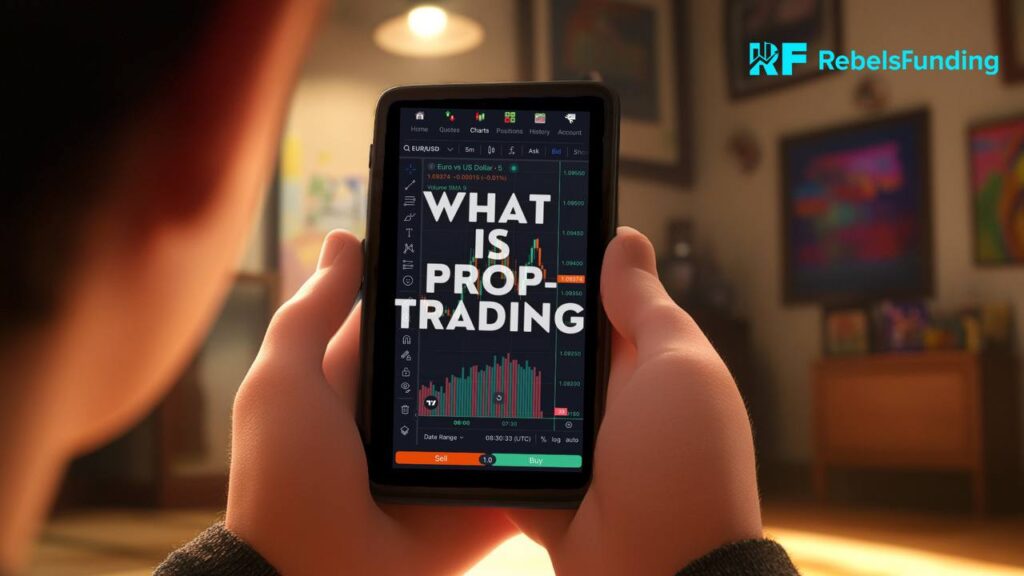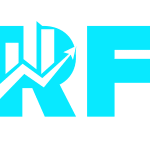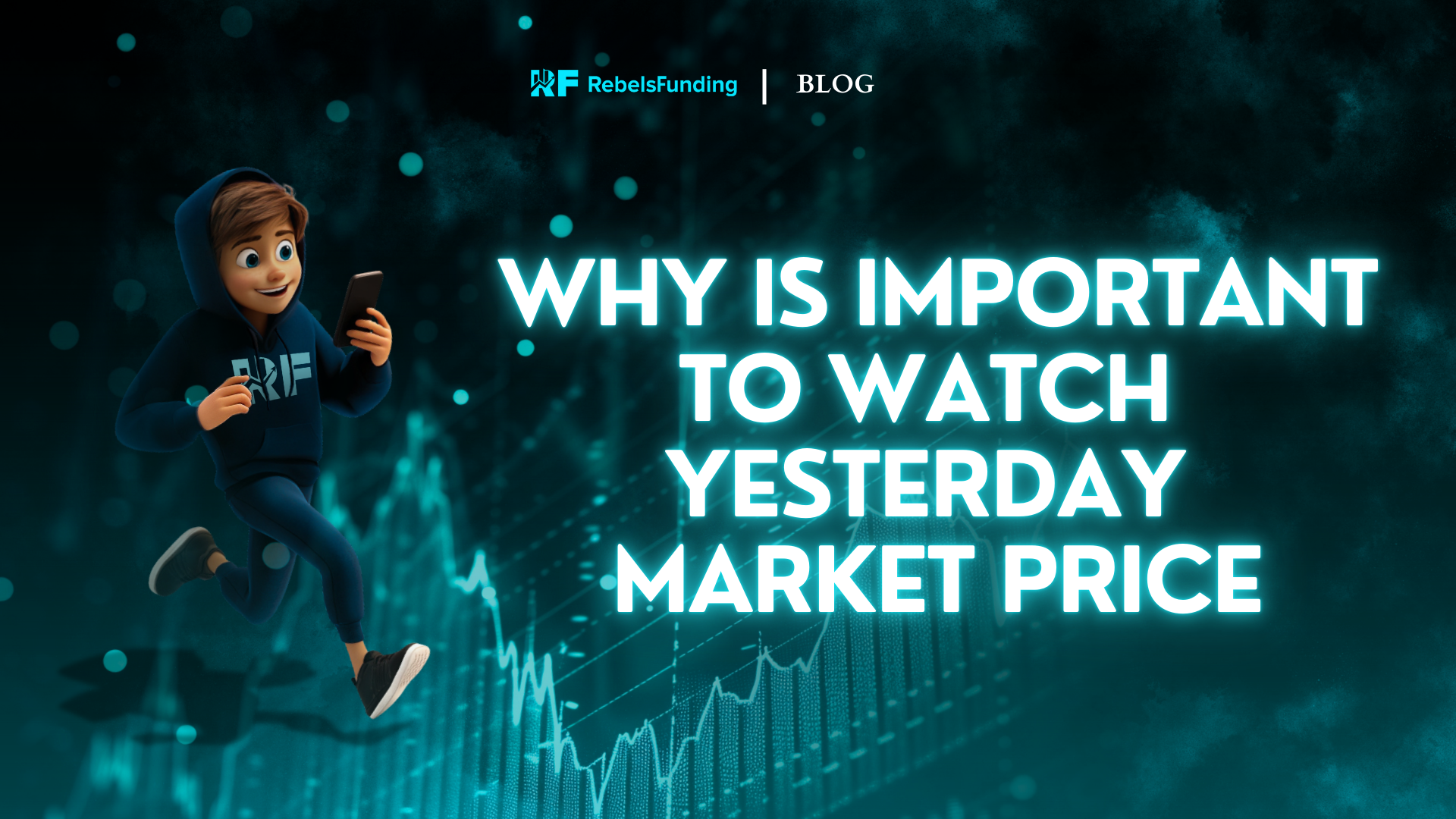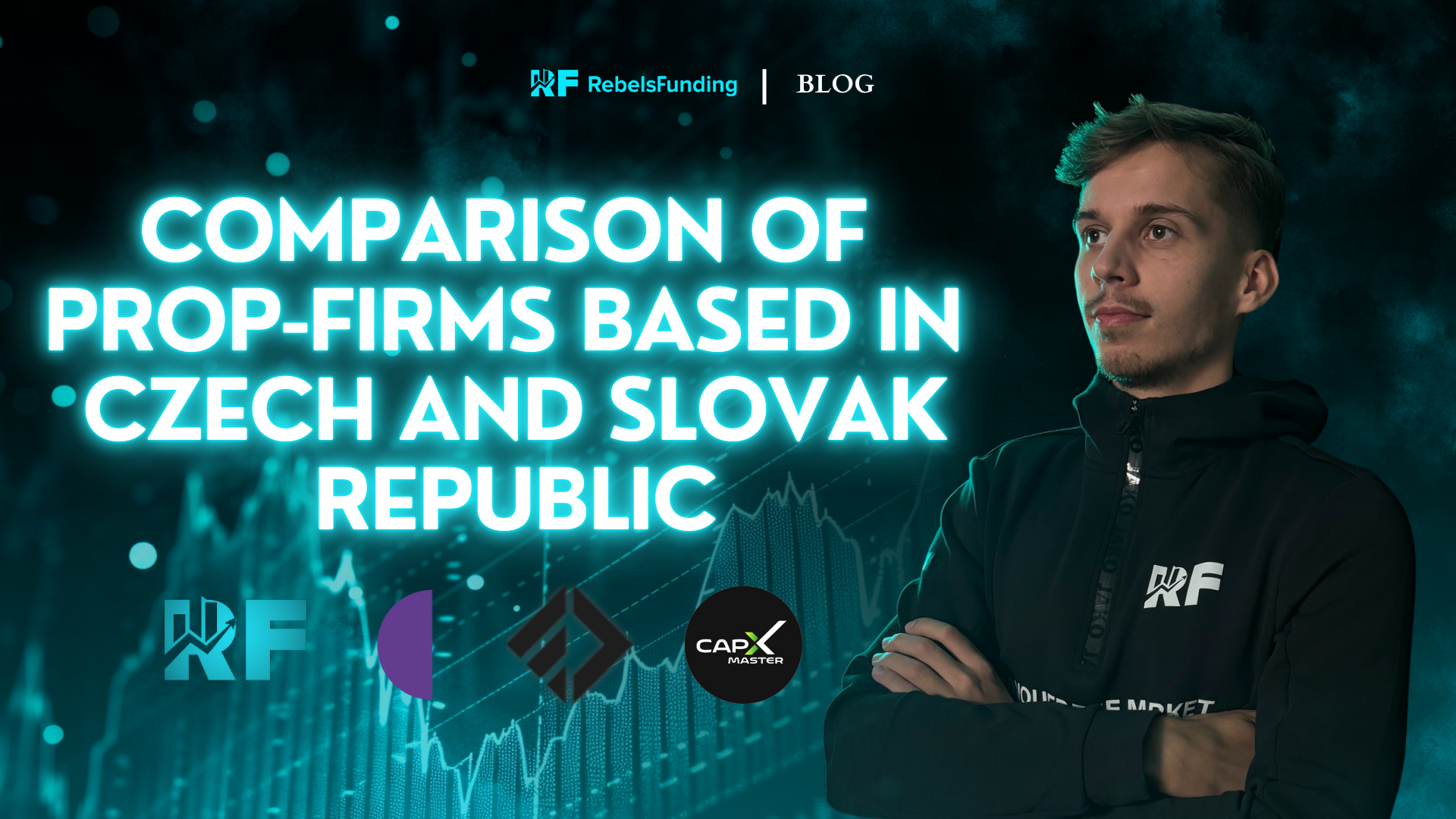What is Prop Trading; How it Works, Benefits & Drawbacks

Prop trading describes the practice where traders utilise a prop firm’s capital for their trading activities.
Let’s look at the origin of prop trading, how it works, it’s advantages and drawbacks:
Brief origin of modern prop (firm) trading
One of the biggest challenges in the past for many forex traders who possess the passion, requisite skills, knowledge and discipline to become successful traders, was capital and access — Access to a good amount of money to fund their broker account and kick off their trading journey.
This situation prevented several promising traders from realising their potential.
To address this pressing issue, prop firms (PFms) came into the picture.
PFms emerged as a revolutionary solution for such traders by offering them huge trading capital, training and support; giving them access to participate in the markets with very little starting investment.
By providing traders with funding and an enabling trading environment, proprietary firms effectively reduced the financial risks associated with trading.
Gave traders a platform to showcase their skills & easily achieve financial independence.
They democratised the trading profession; opened doors for countless individuals who may have otherwise been unable to pursue and build their trading career.
How prop firms make money
Every firm operates uniquely. Generally, most prop firms make money from taking pre-agreed percentage from traders’ profits.
For example, a prop trader who makes $10000 in profits during a particular period of time and has a 80/20 profit-split agreement, would take home $8000. And the remaining part of the money ($2000) would go to the firm.
What are the benefits of prop trading?
You can make more money: Traders can use the company’s money to make bigger profits.
Freedom to trade whenever you want: You can choose how and when you want to trade (but it must be in line with the company’s rules to prevent big losses).
Learning opportunity: Most firms provide forex trading educational resource such as blog posts, pdf files and a supportive forex community to help traders develop their trading skills.
Also, having to adhere to a firm’s trading rules can lead a trader to become more productive & disciplined.
Exposure to advanced trading tools: Prop traders can have access to sophisticated tools such as the RF-TRADER to help them make better trades, without having to pay for them themselves.
Less risk: PFms take on most of the risk. So you don’t have to worry as much about losing money.
Free trial: Some firms offer free trials. Meaning you can try their tools and services before paying for a program.
Initial fee refund: Depending on the firm, the money you pay to get a trading program may be reimbursed when you complete the challenge stages.
Possible drawbacks of prop trading
Profit Sharing: In most cases, traders must share a portion of their profits with the firm.
Trading robots or EAs may not be allowed: Some firms do not allow EAs. The reason is, EAs are designed to execute trades automatically based on predefined algorithms.
This can lead to situations where the robot makes decisions that deviate from the firm’s overall risk management strategy.
How to start prop trading?
If you are a skilled or beginner forex trader, all you need to do is to visit the websites of some of the best prop firms, choose the most affordable prop firm, register & try their free trial (if they have one, to test your skill and get familiar with their platform).
Next, pay and smoothly launch your trading career.
With retail prop trading, skilled forex traders can start with a small investment and scale up to impressive heights.




